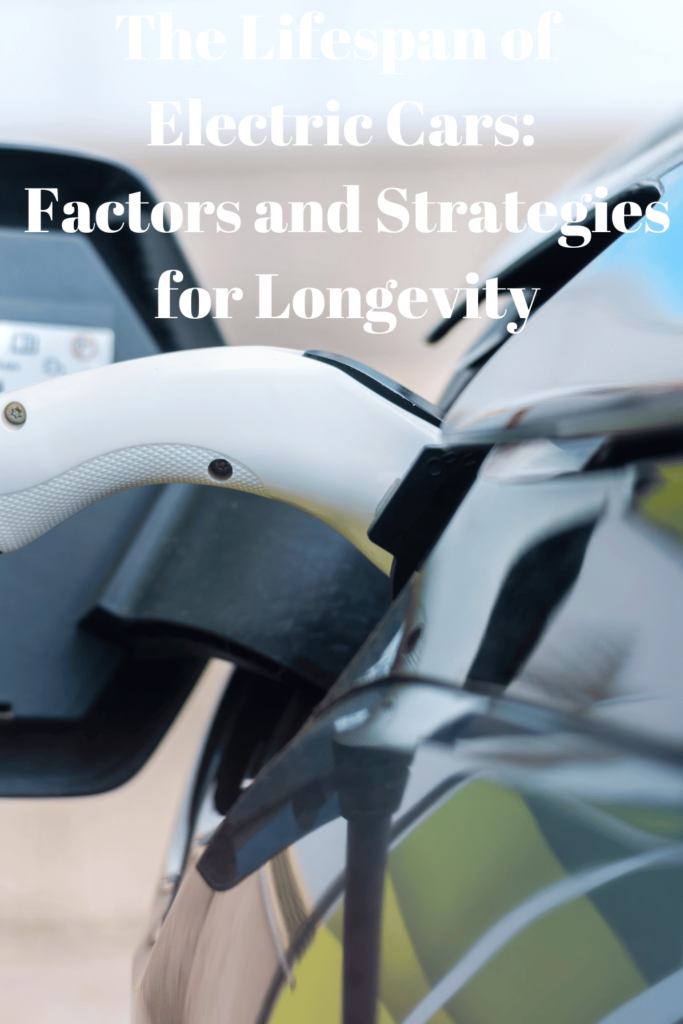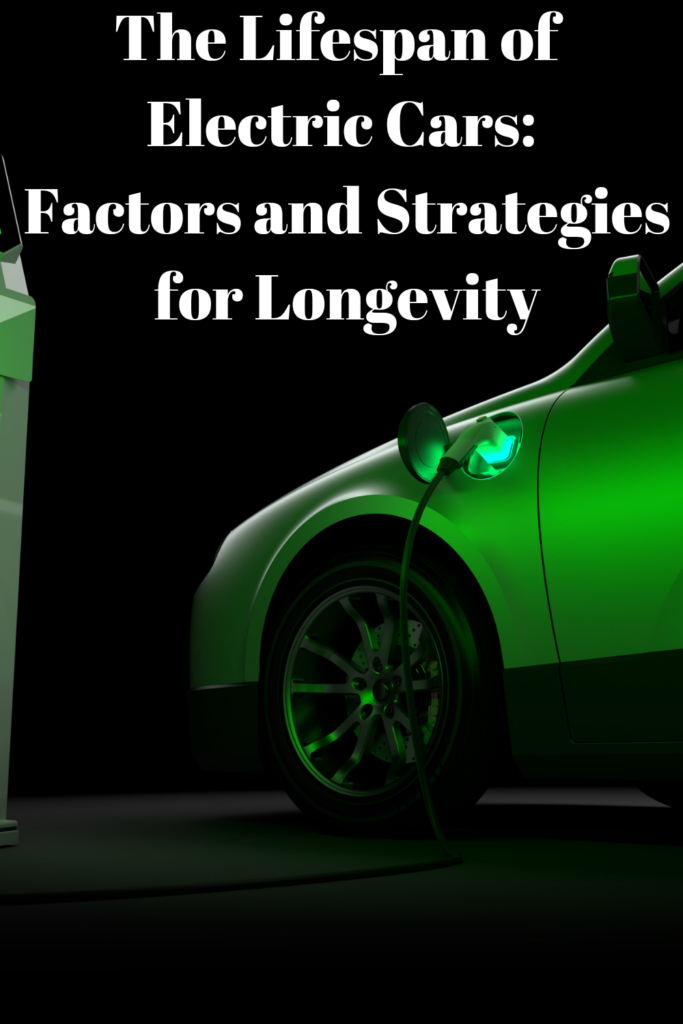The Lifespan of Electric Cars: Factors and Strategies for Longevity
As electric vehicles (EVs) continue to gain popularity, potential buyers often wonder about the lifespan of these cutting-edge automobiles.
The longevity of an electric car is influenced by several critical factors, including battery degradation, regular maintenance, technological advancements, and driving habits.

In this blog post, we will delve into industry expert opinions, car manufacturers’ perspectives, and studies to provide accurate and up-to-date information on this topic.
We will also present real-life examples and case studies of electric vehicles with varying usage patterns and maintenance practices to highlight the impact of these factors on EV longevity.
Battery Degradation:
The primary concern when evaluating an electric car’s lifespan is battery degradation.
EV batteries typically degrade over time due to charge and discharge cycles, temperature changes, and leaving the battery at a full or empty charge level for extended periods.
However, advancements in battery technology have significantly improved the lifespan of modern electric vehicles.
For instance, Tesla, a leader in EV manufacturing, offers an eight-year or 120,000-mile warranty on their Model 3 vehicles, explicitly guaranteeing that the battery capacity will not fall below 70-80% within that period.
This warranty showcases the confidence Tesla has in their battery technology and supports the notion that battery degradation is a manageable concern rather than a roadblock.
Regular Maintenance:
Similar to internal combustion engine vehicles, regular maintenance plays a crucial role in maximizing the lifespan of electric cars. Basic maintenance tasks such as tire rotations, tire pressure checks, and brake pad replacements are still necessary.

However, EVs typically have lower maintenance requirements compared to traditional vehicles, primarily due to fewer moving parts and reduced reliance on consumables like oil changes.
To enhance an electric car’s longevity, it is essential to follow the manufacturer’s recommended service intervals, including inspections and replacements of components such as cabin air filters and coolant fluid.
Adhering to these guidelines will optimize your EV’s performance and ensure that minor issues are addressed promptly before they become more significant problems.
Technological Advancements:
Technological advancements in the electric vehicle industry have a direct impact on the lifespan of EVs.
As the industry matures, manufacturers are continually improving battery technology, charging infrastructure, and vehicle efficiency.
In recent years, the energy density of lithium-ion batteries has increased significantly, resulting in extended driving ranges and improved durability.
For instance, the Chevrolet Bolt EV features an advanced thermal management system that helps regulate battery temperature.
This technology reduces the impact of extreme temperatures on the battery, diminishing degradation and extending its lifespan.
Staying informed about technological advancements and investing in the latest models equipped with improved battery systems can positively impact an EV’s longevity.
Driving Habits:
Driving habits greatly influence the lifespan of an electric car. Aggressive driving, such as abrupt acceleration and harsh braking, can strain the battery and lead to quicker degradation.
Similarly, subjecting the battery to extreme temperatures, particularly high heat, over prolonged periods can accelerate battery deterioration.
To maximize the longevity of an electric vehicle, adopting habits such as smooth acceleration, gradual braking, and avoiding excessive high-speed driving is advisable. Additionally, parking in shaded areas or garages during hot summer months and utilizing battery warming features in extreme cold conditions can help preserve battery life.
Conclusion:
The lifespan of an electric car is influenced by a variety of factors, including battery degradation, regular maintenance, technological advancements, and driving habits. Understanding and considering these factors can help electric vehicle owners optimize the longevity of their cars.

Modern electric vehicles, along with improved battery technology and warranty offerings by manufacturers like Tesla, demonstrate that battery degradation is a manageable concern rather than an insurmountable obstacle. By following the manufacturer’s regular maintenance guidelines, staying informed about technological advancements, and adopting good driving habits, electric car owners can ensure that their EVs remain reliable and perform well for many years.
Remember, purchasing an EV is not just an environmental investment; it is a long-term commitment that requires active care to extend its lifespan.
Following the practical tips and recommendations highlighted in this blog post will help electric car owners enjoy the benefits of their vehicles for years to come.
